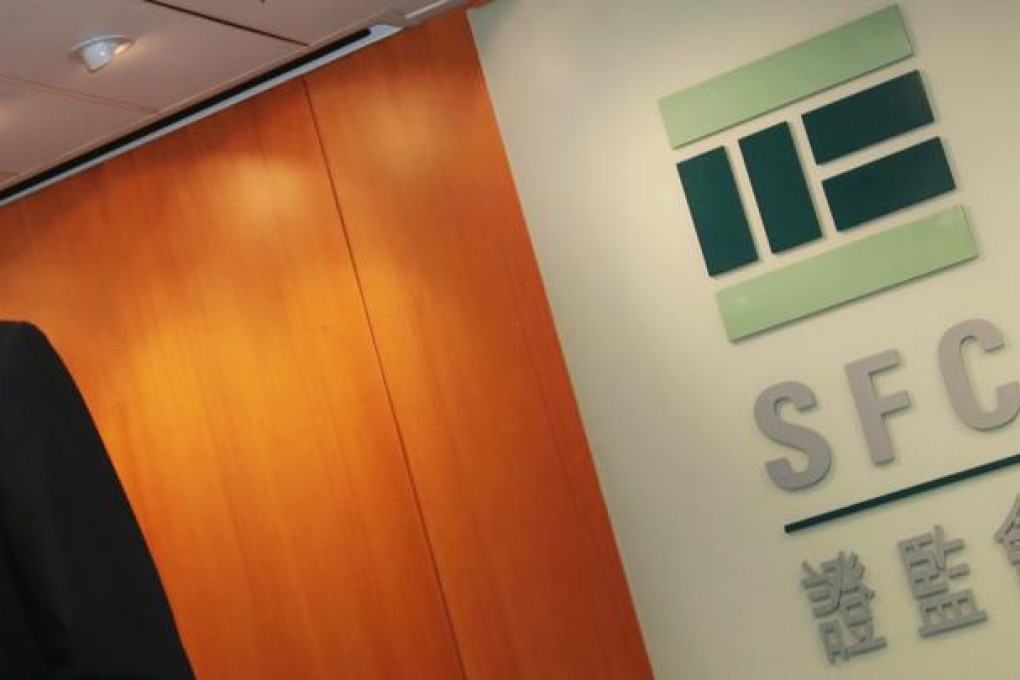Opinion | SFC faces battle to identify victims of malpractice
A new system is needed to identify investors left out of pocket because of market misconduct

Nearly a decade after legislating to allow Hong Kong's securities watchdog to seek compensation on behalf of investors, there is likely to be a problem defining - and finding - victims to compensate.
Yesterday, suspended sports fabric maker Hontex International started offering to buy back HK$1 billion worth of stock it issued in a 2009 initial public offering. Investors have until October 29 to claim.
This is the first time the Securities and Futures Commission has used section 213 of the Securities and Futures Ordinance to seek compensation for investors left out of pocket because of market misconduct.
Previously, wrongdoers were only fined, and the money went to the government rather than to investors.
It has been a bumpy road to get this far. In March 2010, the SFC suspended trading in Hontex's shares after finding the company's prospectus overstated turnover and pre-tax profits in the three years leading up to the listing in late 2009.
A lengthy legal battle ensued before the High Court made its landmark compensation ruling.
